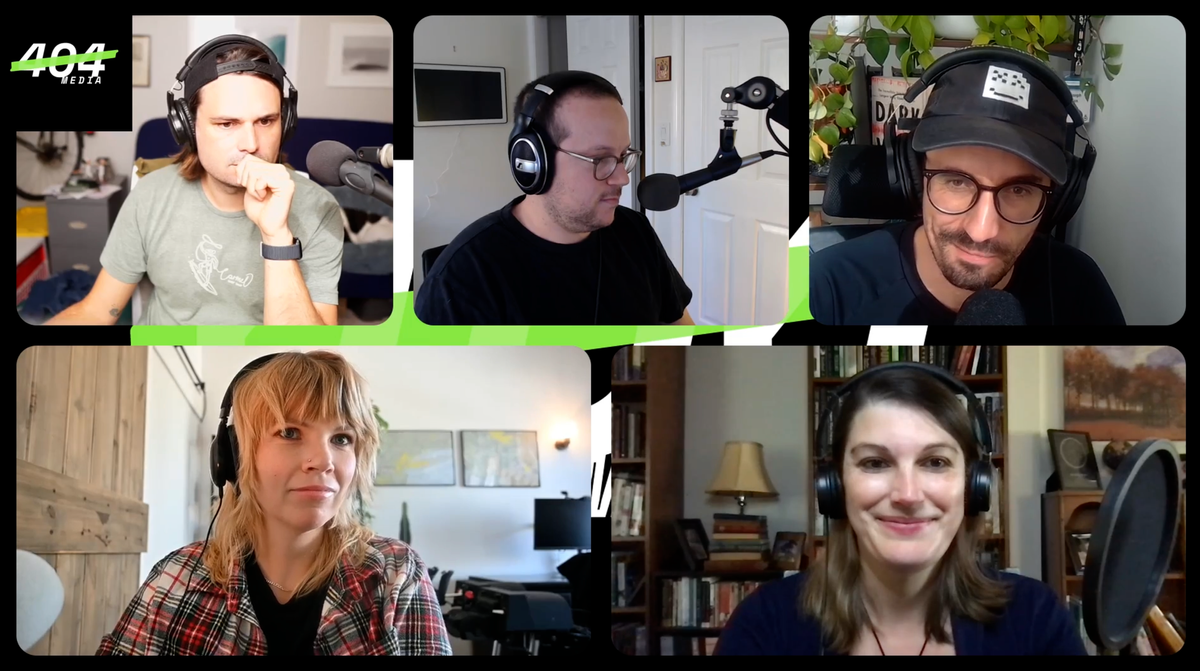Science is about politics and life, so we should write about it.

Every time I try to champion science writing, I seem to fail. The argument goes: Science reports are kind-of irrelevant, and stockpiled in labs, or stowed away in the culture-frozen drudgery corners of a university. "How is this relevant to my life?" is the question posed. I have often gasped with few ideas or defenses beyond a boiling passion for learning about it. I'm starting to change that. I'm adding ideas to why science is important.
A study on how a group of chimpanzees can share ideas and techniques through "cumulative culture" — learning from social interactions of groups — similar to how humans, is not much more than a curious dinner table knowledge snack. A space crystal rock with proof of Mars's history of hot water can feel antiquated and shoulder shrug compared to bills, getting kids to school, or getting a promotion.
I'd disagree and expand on such criticism: science — it's so much more and all of it can be relevant.
For one, science is extremely relevant to our lives. As Ed Yong writes in the intro to 2021 Best of Nature and Science Writing:
Science is so much more than a library of publications, or the opinions of doctorate-holders and professors. Science writing should be equally expansive. Earlier, I asked: What even counts as science writing? Now, here's my reply: We shouldn't be able answer that question. A woman's account of her own illness. A cultural history of color. An investigation into sunken toxic barrels. A portrait of a town with a rocket company for a neighbor. To me, these pieces show that science and nature are intricately woven into the fabric of our lives — so intricately that science and nature writing should be difficult to categorize.
Science also goes beyond the human realm. It expands to the thousands of animals, the billions of microbes, rocks to trees, to the realms beyond our atmosphere. What happens to us, and the world, natural and artificial alike, depend on understanding science, and our human actions to that understanding.
The excellent science writer Sabrina Imbler recently weighed in on this idea too. Imbler wrote about Laura Helmuth, who recently stepped down as editor-in-chief of Scientific American for an anti-Trump social post. Helmuth brought change to the 175-year-old publication, but also context. They endorsed Biden and Harris in recent elections, the first time the publication had ever endorsed a presidential candidate.
Helmuth argued that science wasn't objective, but rather always filled with the life force of society and politics. "She supported coverage of racial, environmental, and reproductive justice," Imbler writes. Helmuth also led the magazine to dive straight into trans healthcare showing how research and science back the idea that gender-affirming care for trans kids is good healthcare. Imbler again:
And as a trans person, I was deeply moved by the knowledge that the magazine's readers were seeing stories about trans people that did not frame transition as a tragedy of parenting. Instead, they were reading stories that interviewed trans people as experts of their own experience and illuminated the history of trans healthcare and debunked the misguided or malicious junk science wielded against trans people.
Science drives what we talk about and how we think about what we talk about. Science is within a ton of different subjects from trans rights, how people with type-1 diabetes access insulin, to child care tax breaks, to immigrant-workers at Big Tech firms and US farms alike. It helps if you know something about it.
Science journalist Becky Ferreira, who runs a weekly newsletter that surfaces a round table of published science each week, was asked on the 404 Media podcast about the importance of reporting on studies and science. "I don't think a lot of people get to hear how science is done," Ferreira says. People often get the headline of a big story, but they are missing the details, the context behind the story, and the nuts and bolts of doing science. "People should see the context of the actual process." Knowing the process creates more respect and understanding — each bit adds to our understanding around a subject.
"You never know if these will be the building block to a bigger discovery. Any piece of information could be useful in all kinds of interdisciplinary contexts." So when a study about a species of mole-rat selects mates is published it could add to our knowledge of mole-rats, which, some other pieces are known to resist cancer. What if that study helps a larger breakthrough for cancer treatment? It might not, but it also could add context to reaching that breakthrough.

Science is built slowly, and that slow work of science is rarely celebrated or shown. To write about science, to learn about it, is to pay attention and admire the important work of sciences.
From studies about chimps to conversations of people's lives, gaining clarity and understanding about science is important, thrilling, and curiosity generating.
If there's one thing I want to be practicing, it's curiosity. Curiosity leads to learning about science, nature, and tech can generate compassion and purpose for our fellow people, along with the animals and microbes and space rocks in our world, too.
It's a mistake to think politics and science aren't related, or that they should be separated. Or worse, that they are naturally separated. Science shapes policy. Science shapes how we treat others, and how we treat the planet. Imbler:
On the same day that Helmuth resigned, Marcia McNutt, the president of the National Academy of Sciences, published an editorial in Science titled "Science is neither red nor blue" that bemoaned how science had become "politically contentious" and argued that "science, at its most basic, is apolitical." Whatever McNutt's intentions, the editorial appears to blame scientists for suggesting that science dictate policy, which, to some degree, it should. Scientists modeling sea level rise fueled by climate change should influence policies that protect coastal communities. Scientists studying infectious diseases should influence policies around vaccination to prevent public health crises. Although science might not be partisan, it is political. To that end, calling science apolitical is a political statement that, given just months before an administration of climate deniers, anti-vaxers, and assorted catch-all bigots take office, whose political agenda depends upon a rejection of science, is also a cynically savvy one.

P.S.
Ed Yong on why he left his journalism job, why science communication matters, and how to engage with the world:
And Andrea Long Chu's well-thought argument for letting trans kids change their bodies:

Check out Becky Ferreira's fun weekly newsletter on the most interesting science published each week.

404 Media's podcast with Becky Ferreira. They chat about the importance of science writing and learning about science around the 45min mark:

ENDIT







Member discussion